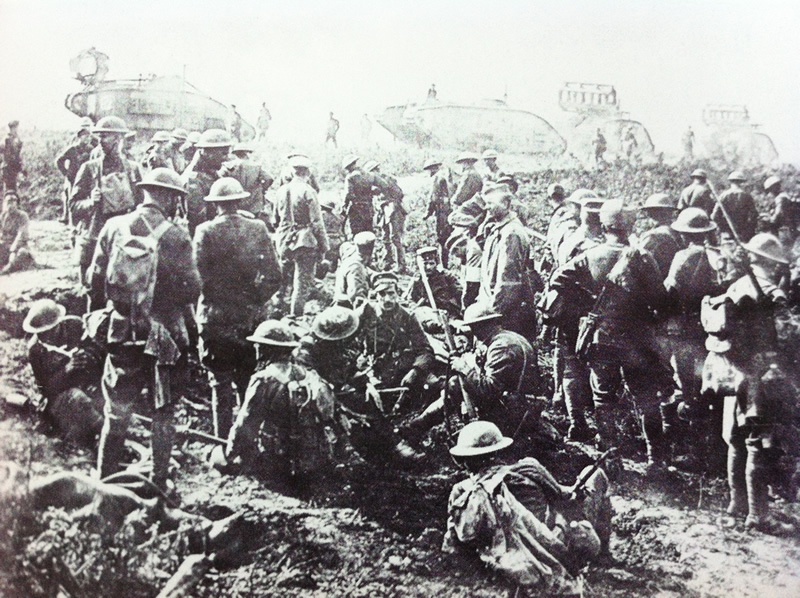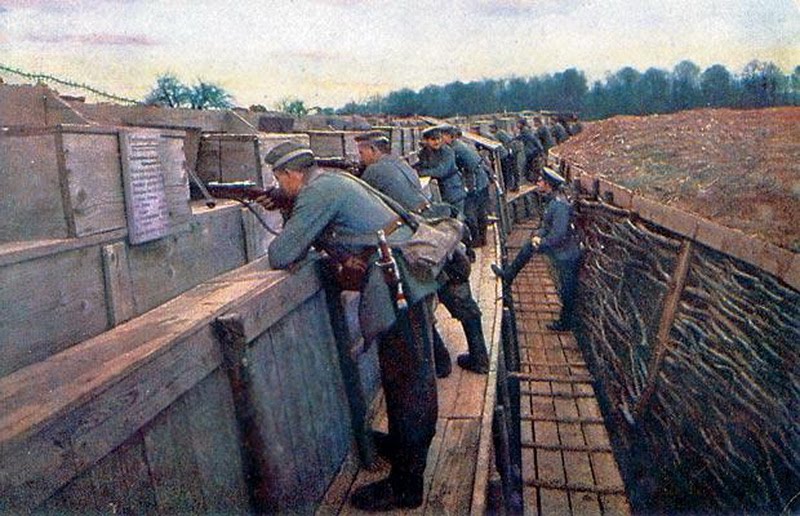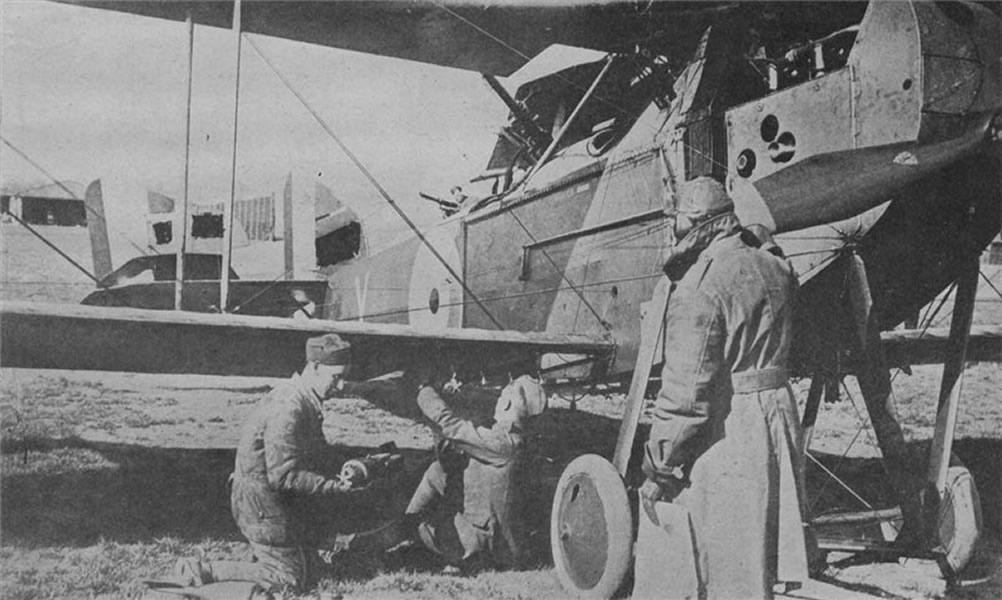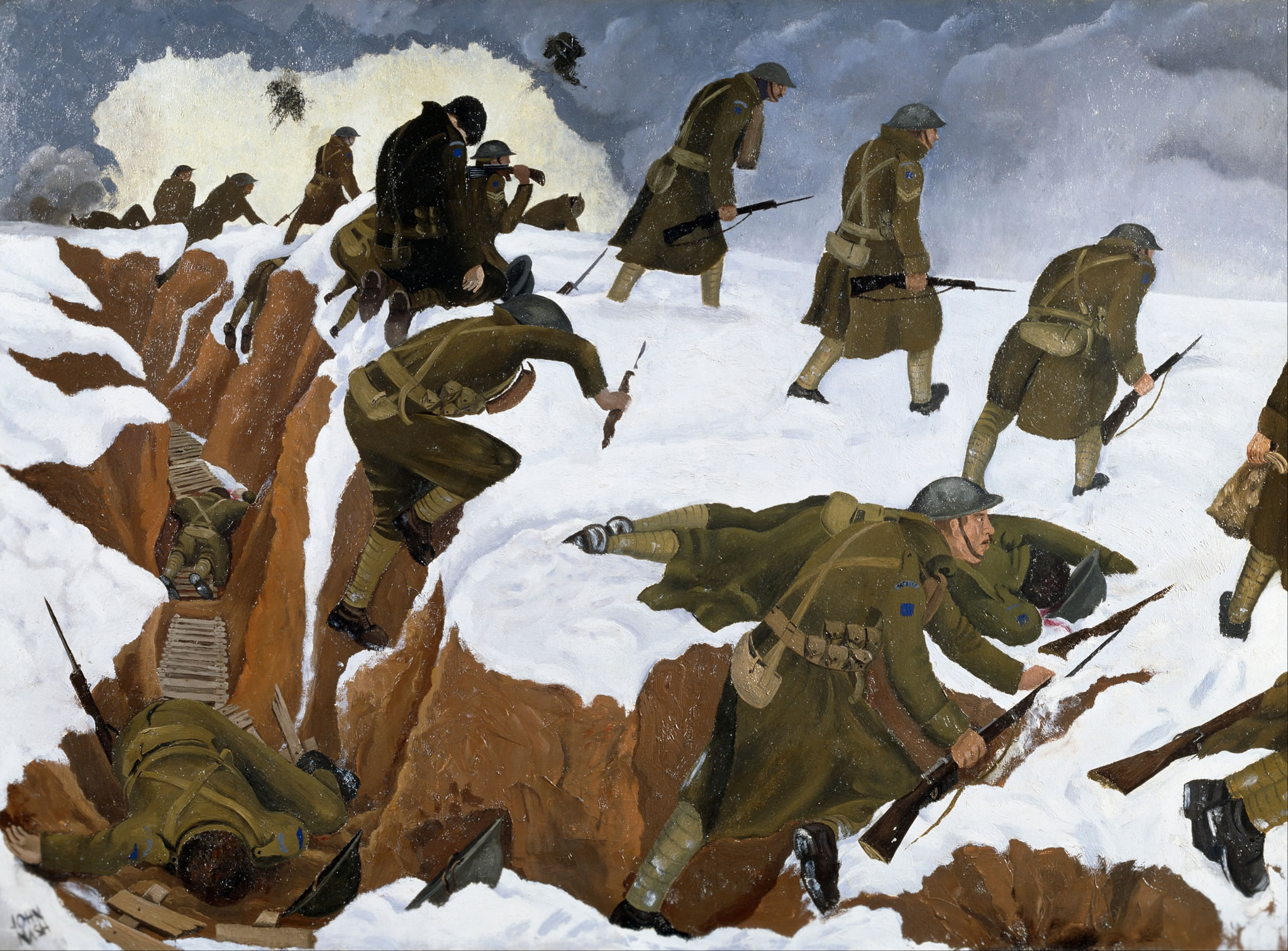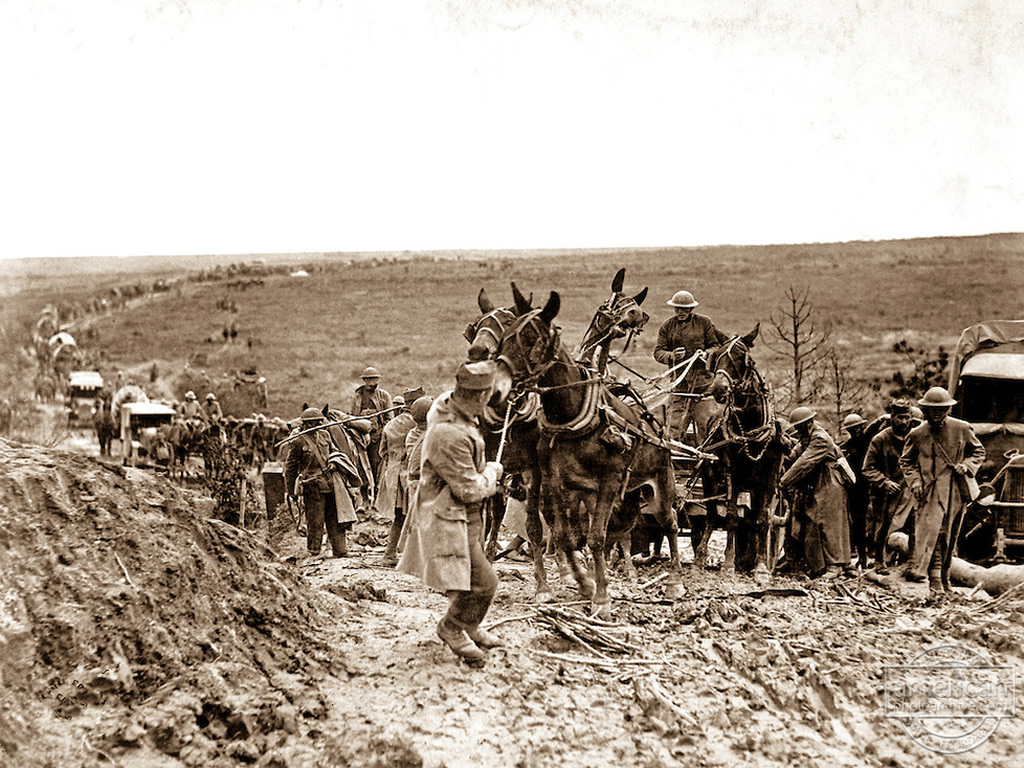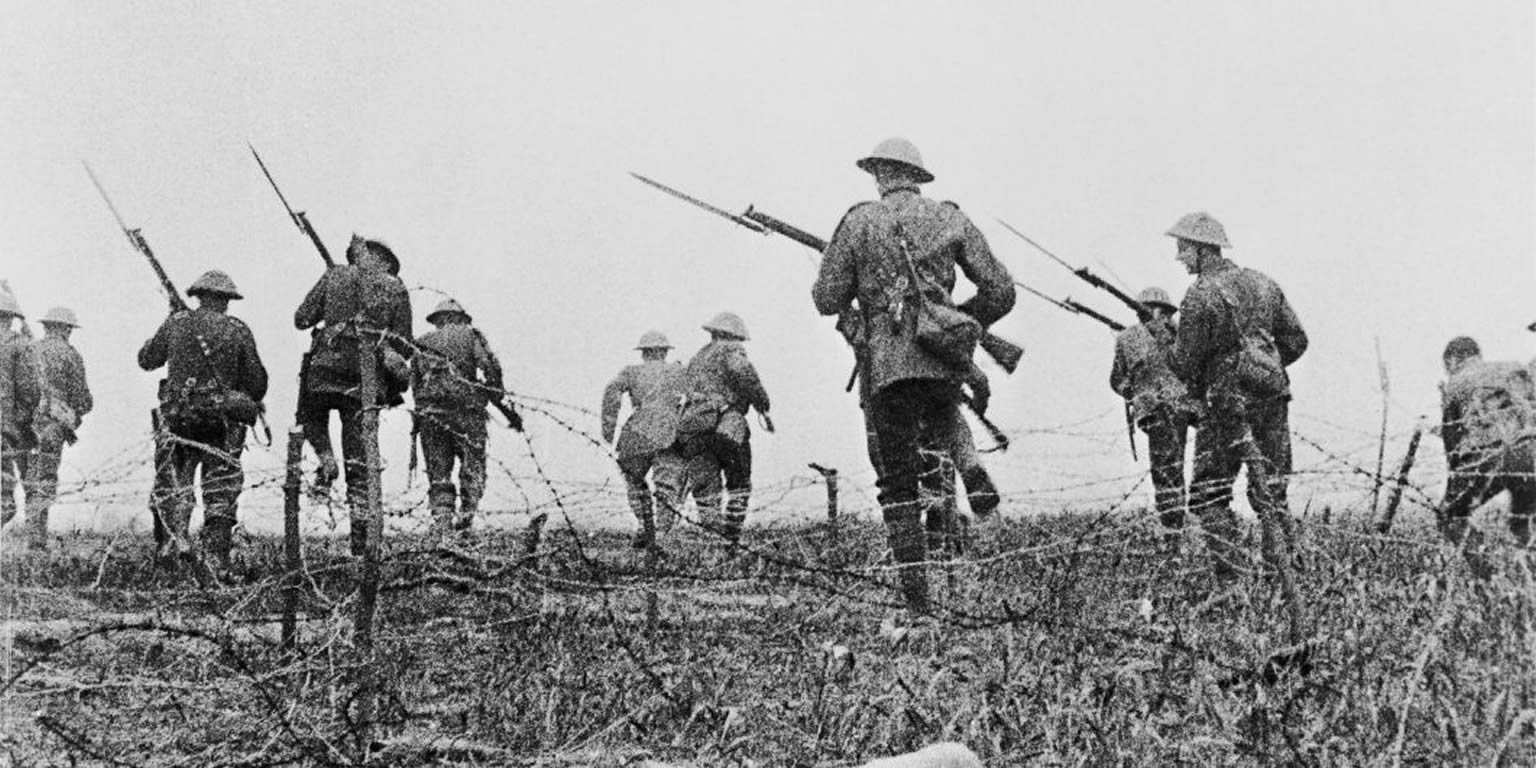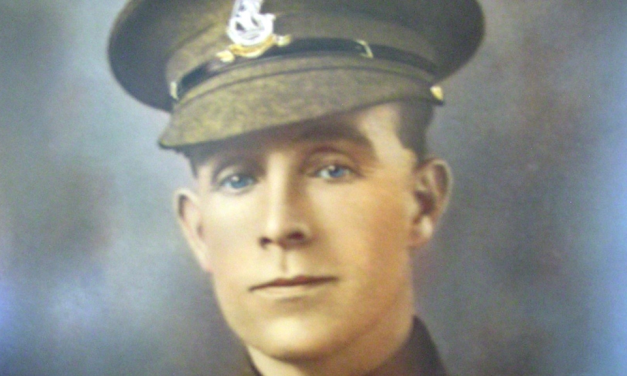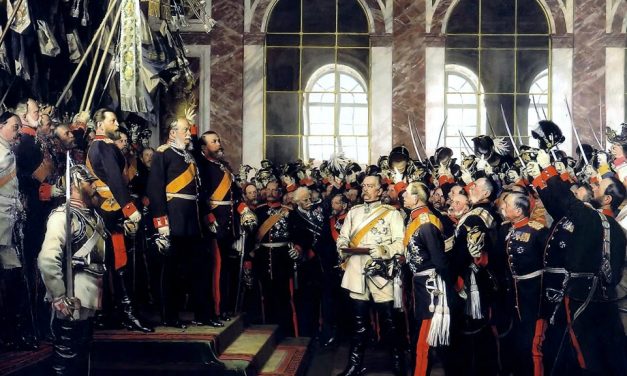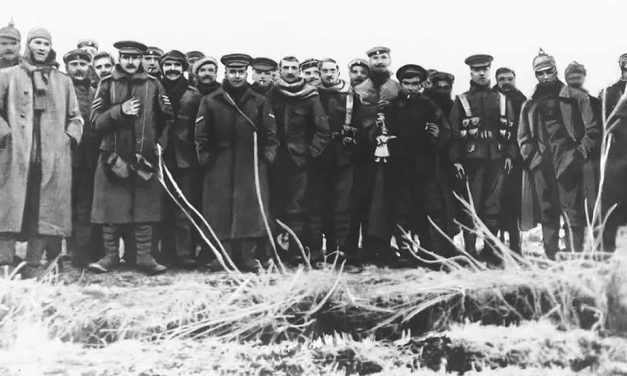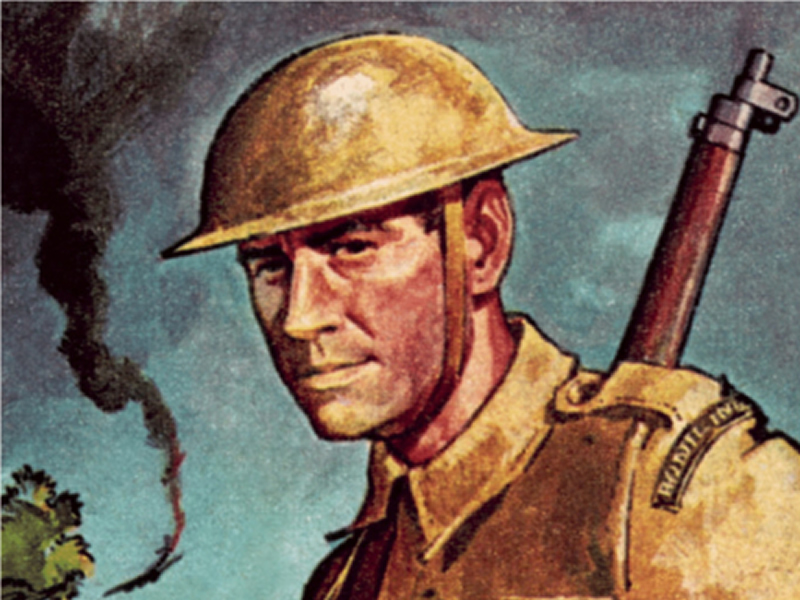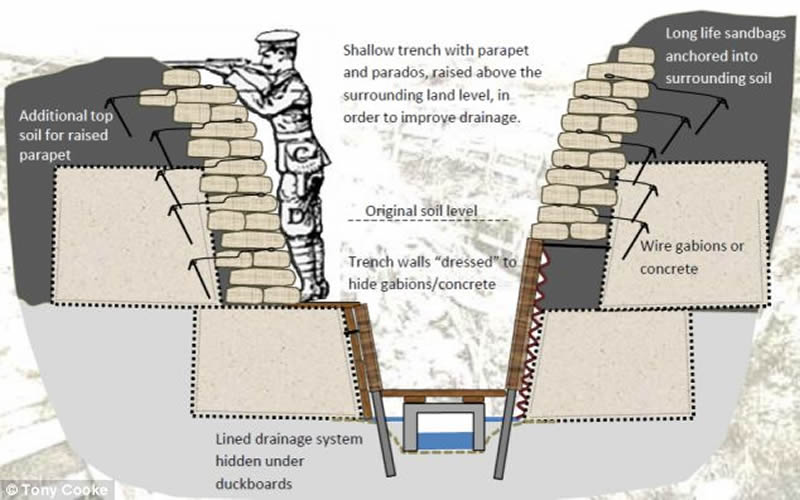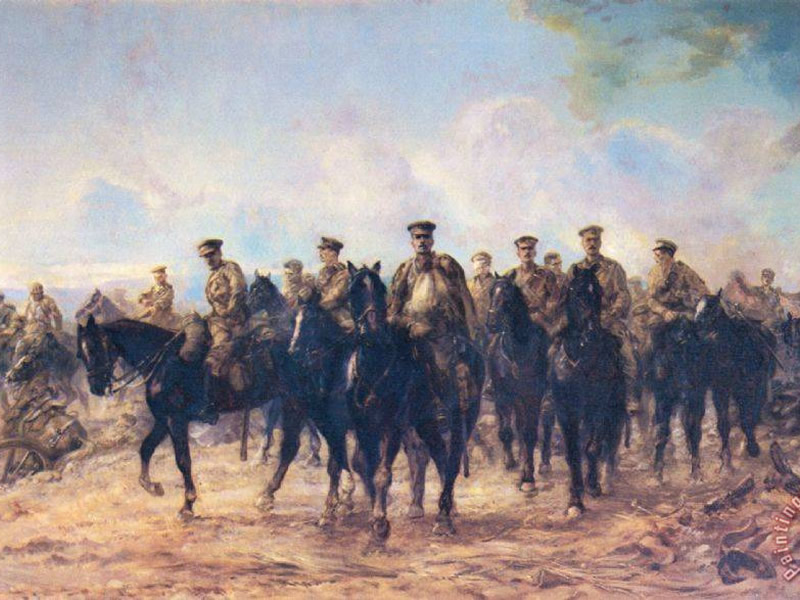Tag: WWI
Herm’s War – Herm Island’s Occupation ...
Nov 1, 2019 | Channel Islands, Herm |
Guernsey’s Buried Artillery – Guns in ...
Feb 22, 2019 | Channel Islands, General Interest, Guernsey, History |
The End of World War One : The 11th Hour of the 11...
Nov 9, 2018 | History |
Guernsey’s WWI Military & Convalescence...
Nov 6, 2018 | Channel Islands, Guernsey, History |
The RGLI’s War In Photograph and Film
May 4, 2018 | Channel Islands, Guernsey |
All
LatestThe Royal Guernsey Light Infantry – A Timeline
Nov 20, 2017 | Channel Islands, General Interest, Guernsey |
WWI has become a byword for slaughter on an unimaginable scale. It was war on an industrial scale. No country in Europe was immune from its effects even Guernsey. In this article we look at the main timeline of the Royal Guernsey Light Infantry, or R.G.L.I, which was Guernsey’s patriotic response to Britain’s call to arms.
-
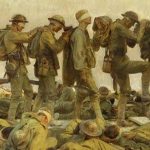
Firsts of World War I – Gas
Sep 1, 2017 | History |
-
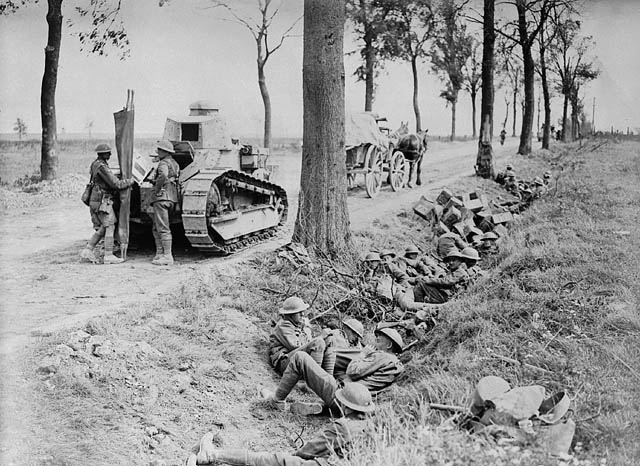
How did WWI End ?
Apr 4, 2017 | History |
-
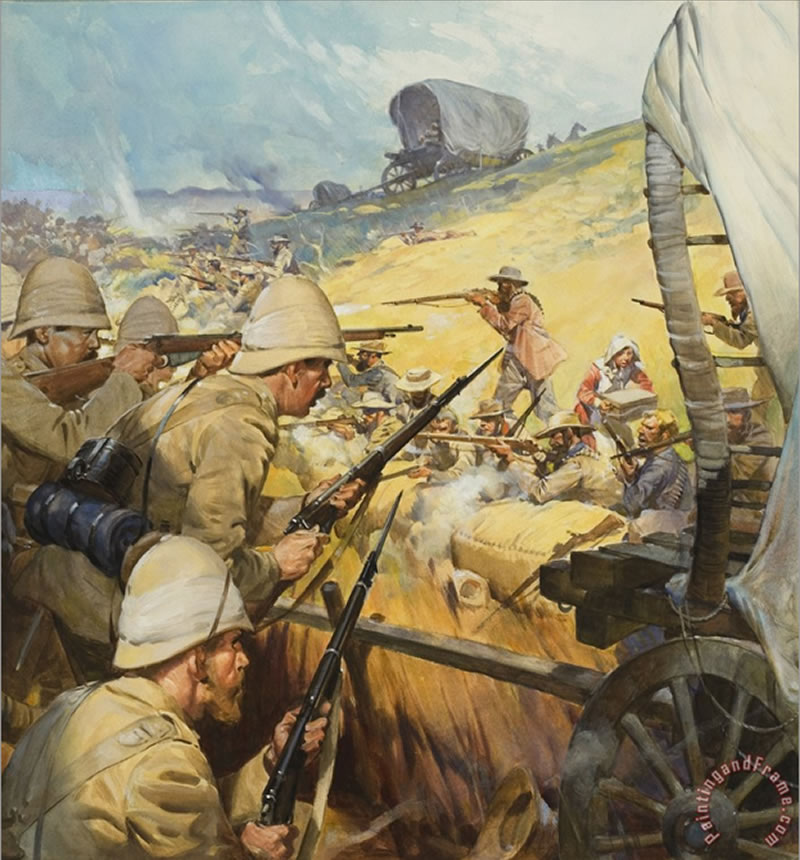
-
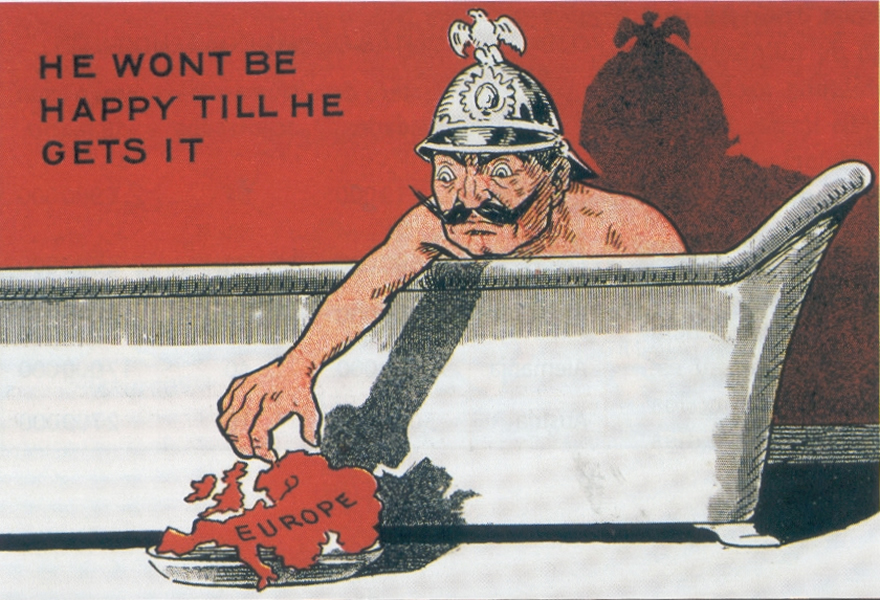
Kaiser Wilhelm II – The Man Who Changed Europe Forever
Jan 24, 2017 | History |
More...
Winnie the Pooh – A Real Bear with a WWI Story
Oct 4, 2016 |
It may surprise you to know that the lovable bear, Winnie the Pooh, is actually based on a real Bear. A Canadian bear actually with a direct link to World War I.
Read More4 More Myths About World War I Debunked
Apr 12, 2016 |
2014 was the 100th anniversary of the start of World War I, the supposed “war to end all wars”. It was the first ‘modern mechanised war’ and a lot of myths about it have been built up over the years. In this article we look at some of the bigee “facts” that are just plain wrong
Read More5 Inventions Brought about by World War I
Jan 15, 2016 |
In wartime nations are often galvanised into frenzied action to innovate and invent in order to try to gain the upper hand in their struggle for survival. In this article we look at some of the seemingly more trivial and rather inexpected things that were invented or developed as a result of the WWI.
Read MoreThe Poppy and the Bleuet – Symbols of Enduring Rememberence
Nov 10, 2015 |
“In Flanders Fields” is a poem which contains some of the most famous lines ever written about the Great War. In it lies the seeds of why we use the Poppy as the symbol of remembrance.
Read MoreOtto von Bismarck – The Iron Chancellor
Nov 3, 2015 |
On the 1st of April 1815 a little boy was born in Kniephof, Prussia, a little boy destined to be known by history as “The Iron Chancellor”. A man around whom history would pivot, a man who would be the subject of many historical “What Ifs” with regard to his demise at the hands of the unstable “Kaiser Bill” and the path to World War I.
Read MoreTerms Coined from World War I
Sep 15, 2015 |
In wartime nations are often galvanised into frenzied action to innovate and invent in order to try to gain the upper hand in their struggle for survival. As well as technical innovation the language and grammer of war changes also. In this article we look at some of the terms, still in use today, that owe their origins to this conflict.
Read MoreHow Did So Many Soldiers Survive the Trenches ?
Jul 7, 2015 |
One of the most common myths about World War I was that ‘Most Soldiers Died’. The horrific stories and images from the front line all reinforce the idea that fighting in the trenches was one long bloodbath. However the fact is that nearly 9 out of 10 British ‘Tommies’ survived the trenches. But how?
Read MoreThe Guernsey Scottish – The Men from Guernsey who served with the Scots in WWI
Apr 28, 2015 |
In October 1914 the States of Guernsey decided to offer volunteers from the Militia to serve overseas. As part of the agreement to offer these men, these ‘sub-unit’s were to be kept together with a Guernsey identity. This is the story of one of those units the 9th Scottish Divisional Ammunition Column and teh Guernseymen that made it up.
Read MoreThe Guernsey Irishmen – The Men from Guernsey who fought with the Irish in WWI
Apr 24, 2015 |
At the outbreak of war in August 1914 the Guernsey the Militia was mobilised in order to free the Regular Army units of the garrison for overseas service. The States of Guernsey decided to offer volunteers from the Militia to serve overseas. The majority in 1915 went to the 16th Irish Division. This is their story.
Read MoreWas Hitler’s Life Spared in World War I by a British Soldier ?
Mar 31, 2015 |
During the Great War Hitler claimed that he was wounded on the Western Front and recalled that a British soldier pointed his gun at him and then deliberately did not fire. But who was this mysterious British Soldier ?
Read MoreSowing the Seeds of Future Conflict : Germany’s first emperor is crowned in France
Mar 13, 2015 |
Wednesday the 18th of January 1871 was a bitter cold day. At noon, with the smell of smoke in the air from nearby Paris, burning under the Prussian siege and bombardment, a fateful gathering took place in the Palace of Versailles. An event that would play on the minds of the French 43 years later and help to propel Europe’s slide into World War I.
Read MoreThe Day the Guns Fell Silent – Christmas Truce 1914
Dec 23, 2014 |
The First World War is a byword for mud, blood and slaughter on a huge mechanised scale. Men living in squalid trenches only tens of yards apart from each other would daily tear each other to pieces if they got the chance. So then, it is no wonder that the Christmas truce is one of the best-known moments of the WWI. Amid the industrial slaughter, here was a reminder of simple human decency.
Read More5 Myths About World War I Debunked
Oct 28, 2014 |
World War I was supposed to be the “war to end all wars”. It was the first ‘modern mechanised war’ and a lot of myths about it have been built up over the years often by revisionist historians using ‘hind-sight’. Some of these so called “facts” are blinding us to the reality and we are in danger of belittling the experience of soldiers and civilians in this conflict. In this article we look at some of the bigee “facts” that are just plain wrong.
Read MoreWhy are British Soldiers called ‘Tommies’ ?
Oct 10, 2014 |
The British ‘Tommy’ going over the top to battle the evil Hun is synonymous with World War I and World War II but this slang term for the British soldier originated much earlier than this and is credited as being coined by one of Britain’s most famous Generals
Read MoreHow did Trench Warfare begin in World War I
Sep 16, 2014 |
Nothing epitomizes the First World War more than the trench. Trench warfare prevailed on the Western Front from 16 Sept 1914 up until the Germans launched their Spring Offensive on 21 March 1918, a staggering 4 and half years in which deadly, grinding attrition became the norm. Trenches stretched from the Franco-Swiss frontier in the south to the Flanders coast in the north, a distance of over 450 miles. But how did this situation come about?
Read MoreThe Miracle of Mons – August 1914 : The BEF stand against the German Tidal Wave
Aug 26, 2014 |
The Battle of Mons marked the first battle between the British & German Armies in the First World War. It was a titanic struggle that threatened to completely overwhelm the small professional British Army in the hot summer of 1914.
Read More

